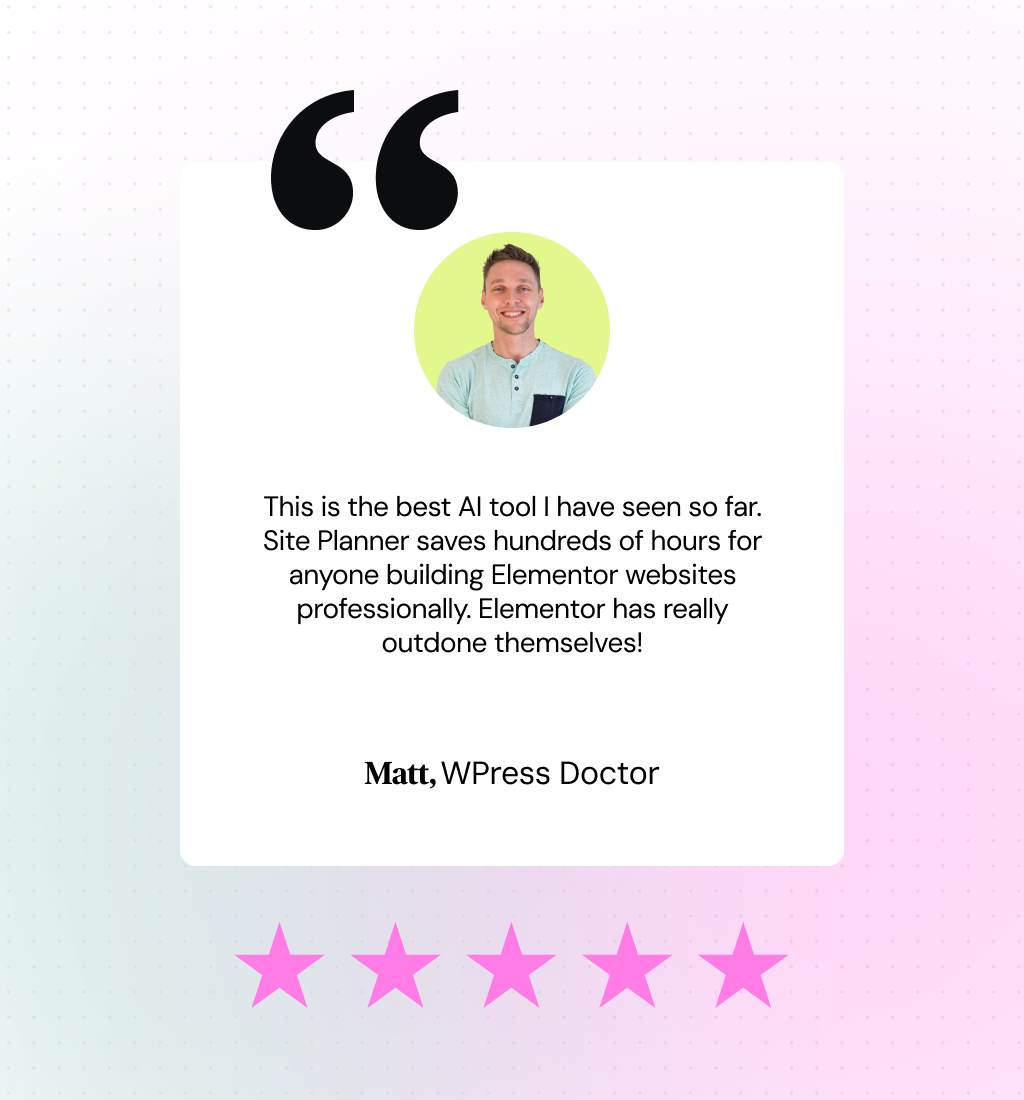Choosing the perfect Business Name:
Tips, ideas, and how an AI generator can help
Creating a business name is an exciting and crucial step in establishing your brand. Your business name is often the first thing potential customers will notice, and it should reflect the essence of your brand while being memorable and easy to associate with your industry. In this guide, we’ll walk you through some key factors to consider when coming up with a business name, provide tips for creating a strong name, and show you how an AI business name generator can make the process easier and more efficient.
Start with your brand’s identity
When brainstorming a business name, begin by defining your brand’s identity. Think about what your business stands for, what values it embodies, and what sets it apart from competitors. Are you focusing on sustainability, luxury, or affordability? Perhaps you want to convey a sense of creativity, reliability, or fun. Your business name should embody these qualities, so potential customers instantly understand your brand’s focus.
Consider your target audience
Knowing your target audience is crucial in choosing the right business name. Are you appealing to young, trendy consumers or a more professional, business-oriented demographic? The language, tone, and style of your name should resonate with your ideal customers. A playful name might attract younger audiences, while a more straightforward, professional name may appeal to a corporate clientele.
Keep it simple and memorable
Simplicity is often key to creating a memorable business name. Avoid overly complex or hard-to-pronounce names, as they can be challenging for customers to remember or search for online. Think about some of the most successful brands—names like Apple, Nike, and Zoom are short, easy to pronounce, and stick in people’s minds. A simple name is also easier to incorporate into logos, social media handles, and other branding materials.
Be unique and original
A distinctive business name will set you apart from competitors. Avoid generic names or anything that feels too similar to brands already in your industry, as this can cause confusion and make it harder for you to stand out. A unique name helps with SEO (Search Engine Optimization) as well, making it easier for potential customers to find you online.
Make sure it’s available
Once you have a few potential names in mind, it’s essential to check their availability. Look for domain names that match your business name and check if social media handles are available. You may also want to conduct a quick trademark search to ensure the name isn’t already legally claimed by another business. A good business name should be available across online platforms to ensure a cohesive brand presence.
Using a Business Name Generator for inspiration
If you’re struggling to come up with ideas, an AI-powered business name generator can be a valuable tool. Our generator allows you to enter keywords, select an industry, and receive instant suggestions for unique and relevant business names. AI tools analyze trends and patterns in language, generating names that align with your brand’s description and values. Using a generator can spark inspiration and help you explore options you might not have considered on your own.
How to choose the best name from AI-generated options
After using the generator, you’ll likely have several options to choose from. Take time to evaluate each one by considering the following:
- Does it reflect your brand’s identity?
- Is it easy to pronounce and remember?
- Is it unique and unlikely to be confused with competitors?
- Does it sound good out loud?
- Is the domain name available?
Discuss the options with friends, family, or business partners, and test the names by saying them out loud. Choose the name that resonates most and fits your long-term vision for your brand.
The power of a great business name
A great business name has the power to create a lasting impression, foster brand loyalty, and drive customer engagement. With the right name, you can capture the essence of your business and set yourself up for success. Whether you’re launching a local boutique, a tech startup, or an online service, a carefully chosen name is a powerful asset.
Our AI business name generator can make this process smoother by offering unique, relevant, and inspiring name ideas. Try it out today and see how easy it can be to find a name that matches your vision and brand.

